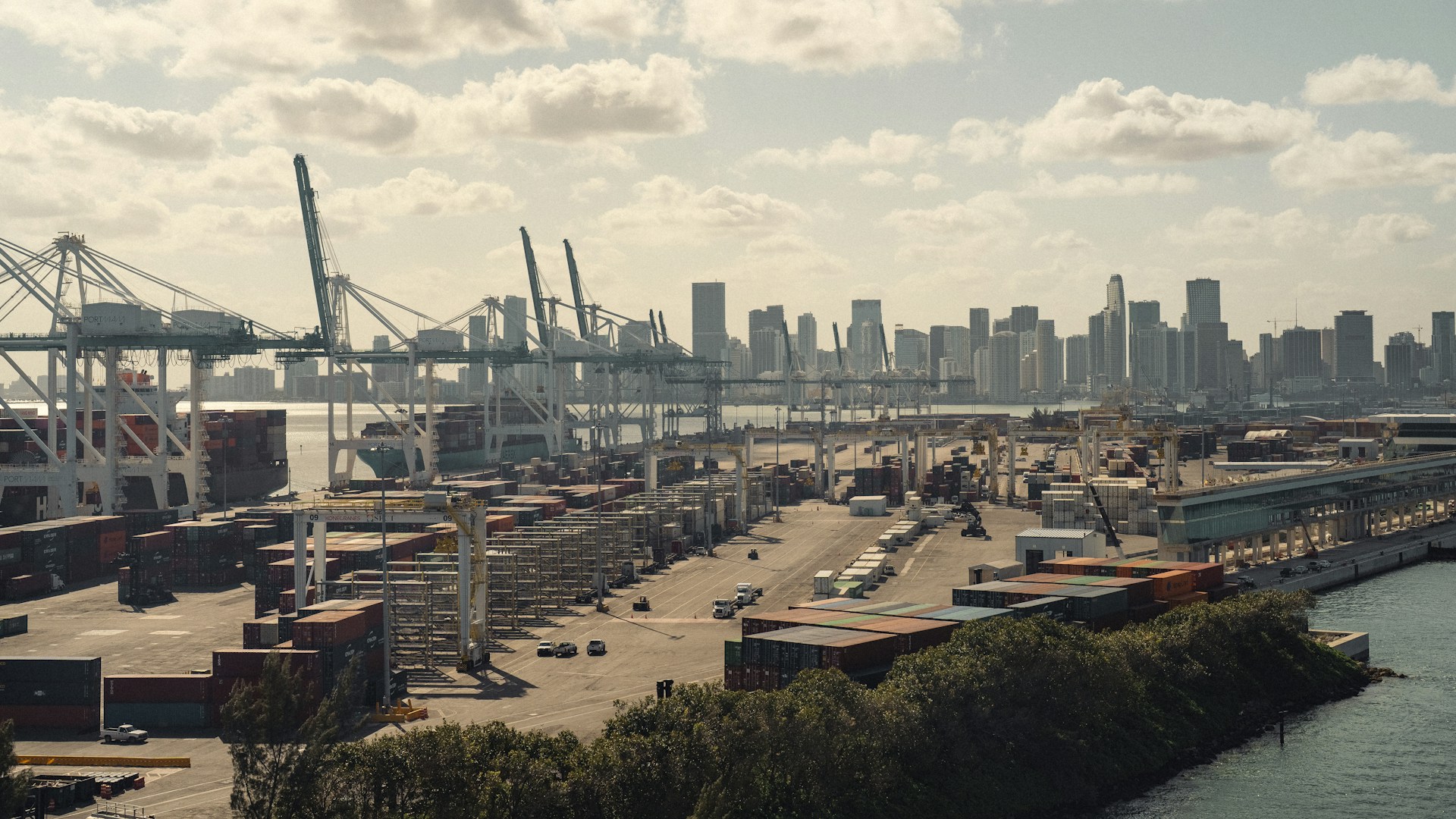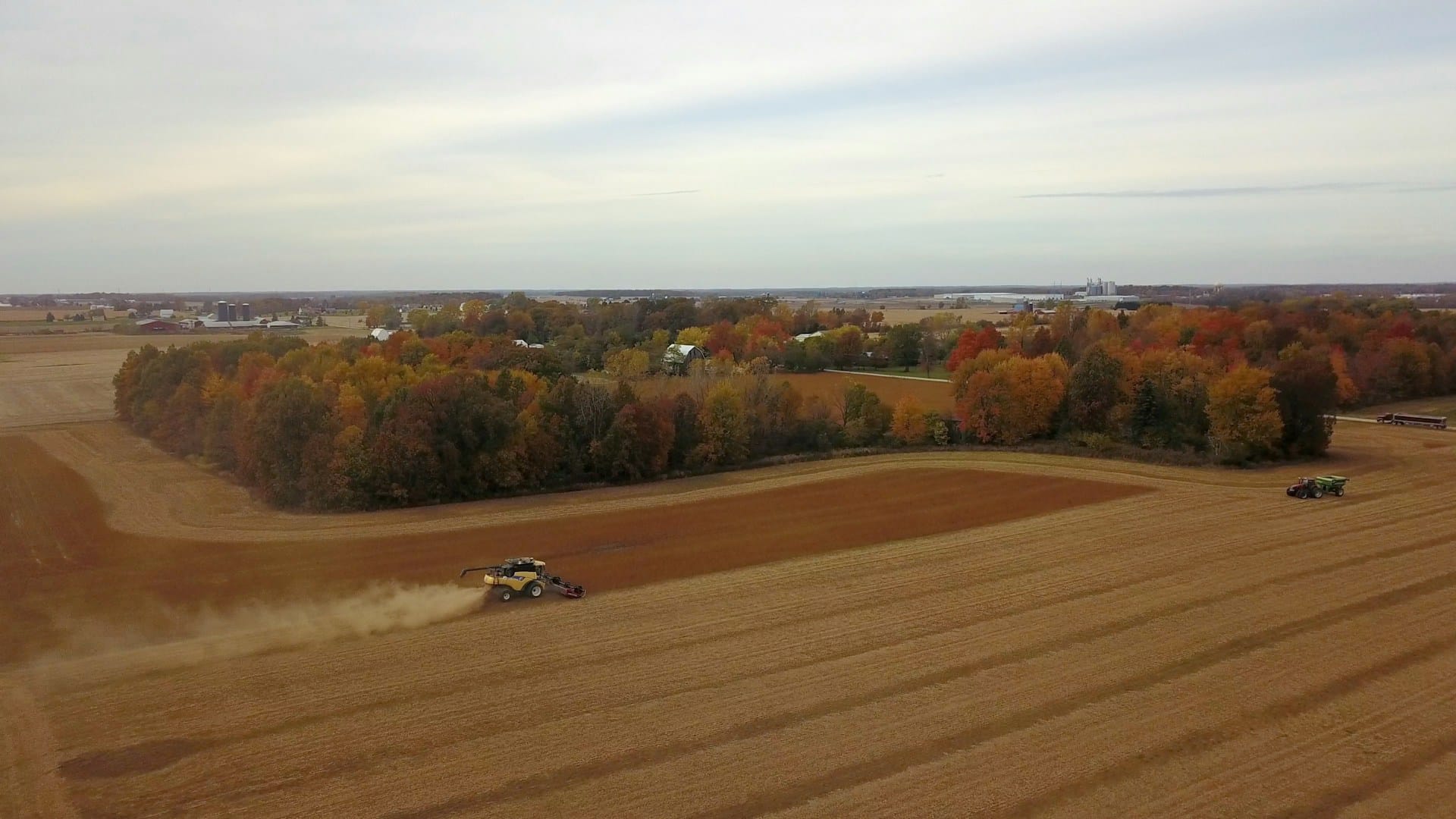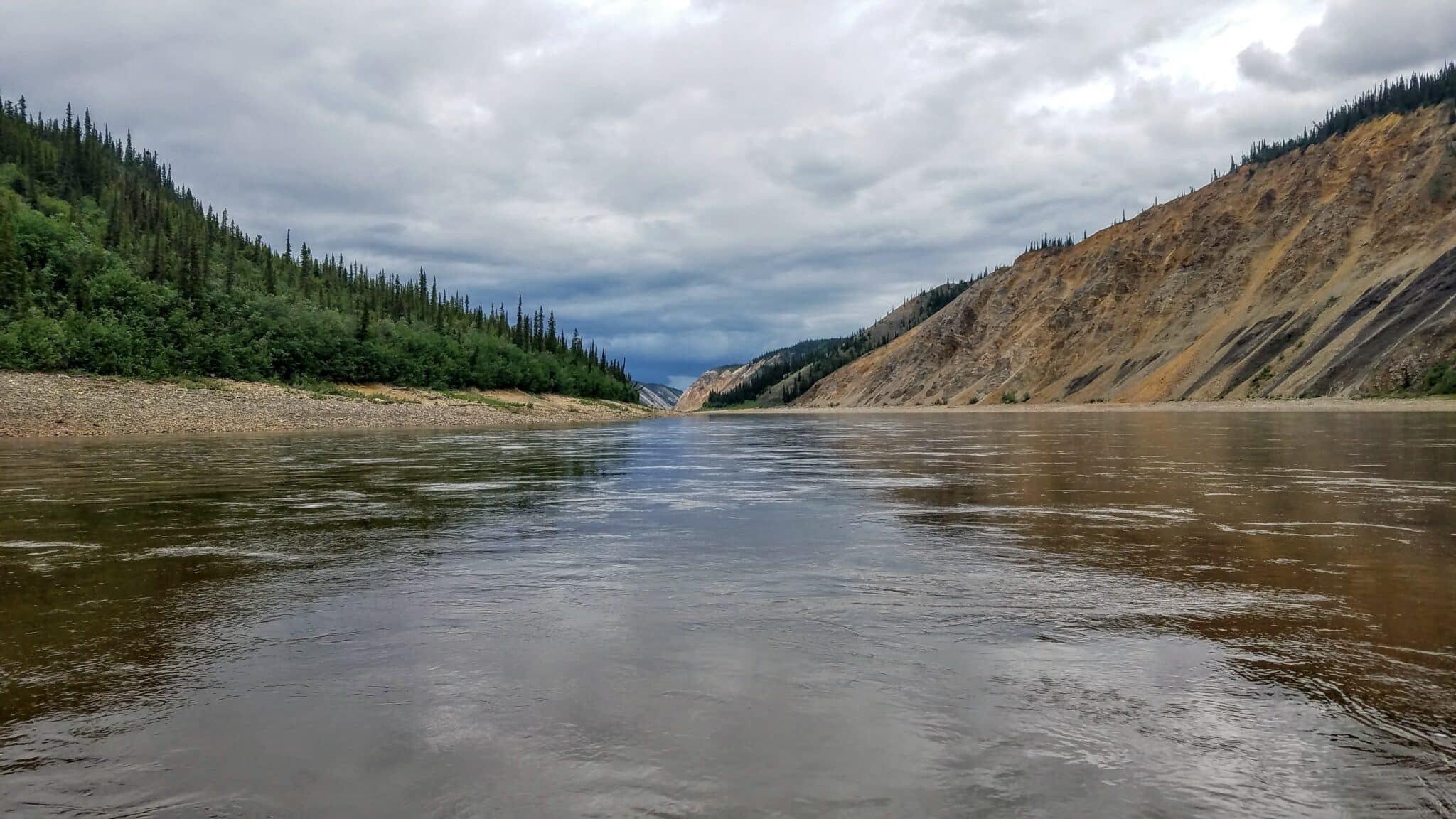Washington, DC – Investing in current roads instead of building new ones would help reduce the growing road maintenance crisis in the national forests, according to new letter that was sent today from 25 prominent economists to President Bush.
The letter notes that, “Prioritizing road system expenditures toward existing infrastructure, rather than commissioning the construction of new roads would help to reduce this taxpayer burden and make better use of existing roads to increase access to the National Forests.” The letter calls for, ” ‘a few good roads’ not more miles of poorly maintained roads that add sediment to our streams, fragment wildlife habitat and displace non-motorized recreation such as hiking and mountain biking.”
“It defies common sense for taxpayers to subsidize any new roads when more than 80 percent of Forest Service roads are in disastrous shape and inaccessible to most Americans,” said Shannon Collier, Policy Analyst for Taxpayers for Common Sense, who released the economist letter. “It is becoming crystal clear that the Forest Service is only interested in serving as the road builder for the timber industry and is not concerned about the upkeep of current roads that serve to make our national forests accessible to all.
Of the over 382,000 miles of Forest Service roads, only 80,000 miles are accessible to passenger cars. Poor road maintenance and continued road construction have resulted in an estimated $10 billion backlog for road maintenance and capital improvement needs. Taxpayers for Common Sense has estimated that in addition to footing the bill for this backlog, federal taxpayers have already paid $124 million over the last five years to subsidize the construction of timber access roads.
The General Accounting Office (GAO) has found that the Forest Service “has not been able to provide Congress or the public with a clear understanding of what the Forest Service’s 30,000 employees accomplish with the approximately $5 billion the agency receives every year.” The White House Office of Management and Budget has also found the Forest Service “has been unable to demonstrate that it can maintain its current infrastructure needs.”
The economists also call for the President and the administration to support the current Roadless Area Conservation Rule as a tool to support bring the road maintenance crisis under control. According to the letter supporting such an effort would, “increase the likelihood that the U.S. Forest Service can maintain existing roads in good working order at a reasonable cost to U.S. Taxpayers.”
The Roadless Area Conservation Rule approved in January 2001 placed limitations on road construction and development in national forests, while affording numerous exceptions for wildfire management, public health and safety, access to private lands, mineral development and resource protection. This policy is currently under review by the Bush administration.
“Support of the Roadless Rule will be the first step in making the U.S. Forest Service more fiscally responsible. It will require the Forest Service to concentrate its efforts on addressing the maintenance of existing roads instead of building new ones,” concluded Collier.
A copy of the letter can be viewed at: http://www.taxpayer.net/forest/RoadlessEconomistLetter_2003.pdf
Contact: Keith Ashdown
(202) 546-8500 x110











Get Social